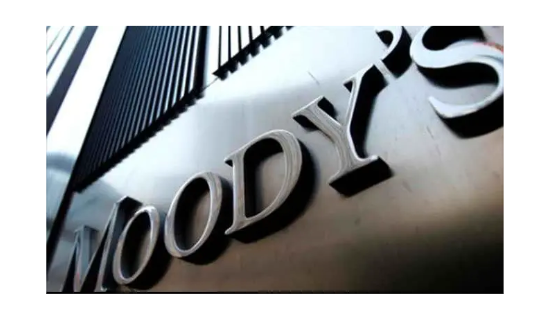Paragraph 1: Moody’s Upgrades Nigeria’s Sovereign Credit Rating
Moody’s Investors Service has upgraded Nigeria’s long-term foreign currency and local currency issuer ratings from Caa1 to B3, signifying a positive shift in the country’s creditworthiness. This upgrade also applies to Nigeria’s foreign currency senior unsecured debt ratings. The outlook has been revised from positive to stable, indicating Moody’s expectation that Nigeria’s recent economic improvements will continue, albeit potentially at a slower pace. The upgrade is attributed to significant enhancements in Nigeria’s external and fiscal positions, primarily driven by a more flexible exchange rate and the removal of fuel subsidies.
Paragraph 2: Impact of Policy Reforms on Nigeria’s Economy
The implementation of a more flexible exchange rate has significantly bolstered Nigeria’s foreign reserves, providing a cushion against external shocks. Simultaneously, the removal of fuel subsidies has relieved pressure on government spending, creating fiscal space for other critical areas. Initially, these policy shifts carried inflationary risks and the potential for policy reversal. However, these risks have diminished as inflation and domestic borrowing costs show signs of easing, reinforcing the sustainability of the policy changes. Furthermore, ongoing tax reforms have begun to yield positive results, contributing to improved revenue generation.
Paragraph 3: Moody’s Outlook on Nigeria’s Economic Trajectory
Moody’s stable outlook reflects its expectation that Nigeria’s progress on external and fiscal fronts will persist, even if the pace slows due to factors such as declining oil prices. The agency assumes the continuation of current policies, including the flexible exchange rate, supported by a healthy balance of payments. Moody’s projects that Nigeria’s debt-to-GDP ratio will stabilize around 50% over the next few years, with interest payments consuming approximately 35% of government revenue. This suggests a manageable debt burden, despite the significant portion of revenue allocated to debt servicing.
Paragraph 4: Positive International Assessments of Nigeria’s Economic Performance
Moody’s rating upgrade aligns with other positive assessments of Nigeria’s economic performance. The World Bank recently reported that Nigeria experienced its fastest economic growth in a decade in 2024, fueled by a robust fourth quarter and an improved fiscal position. The World Bank acknowledges the positive impact of Nigeria’s new policy direction on international competitiveness and investment attractiveness. These policies have also contributed to reducing debt-related fiscal risks and creating fiscal space. However, the World Bank emphasizes the need to address deep-rooted structural constraints to sustain stronger growth.
Paragraph 5: Addressing Challenges and Structural Constraints
While acknowledging the positive developments, the World Bank highlights the importance of addressing persistent challenges such as high inflation, trade barriers, and inadequate power supply. Improving the business environment is also crucial for attracting investment and promoting sustainable economic growth. These structural reforms are essential for unlocking Nigeria’s full economic potential and ensuring that the recent gains are not reversed. The persistent high inflation poses a significant challenge, impacting living costs and potentially fueling social unrest.
Paragraph 6: Inflationary Trends and Social Risks in Nigeria
Nigeria’s high inflation rate reflects chronic macroeconomic imbalances and the side effects of corrective policy measures implemented over the past two years. While inflation has been slow to decline, some easing has been observed. The recent update to the Consumer Price Index (CPI) basket weights, the first since 2009, complicates long-term trend analysis but shows signs of inflation easing. Food price inflation, a key driver of overall inflation and social risks, has shown a clearer downward trend. While social risks persist, especially with potential naira depreciation amid falling oil prices, the pass-through to inflation has been reduced alongside external rebalancing. This suggests that while inflationary pressures remain, the economy is becoming more resilient to external shocks.














